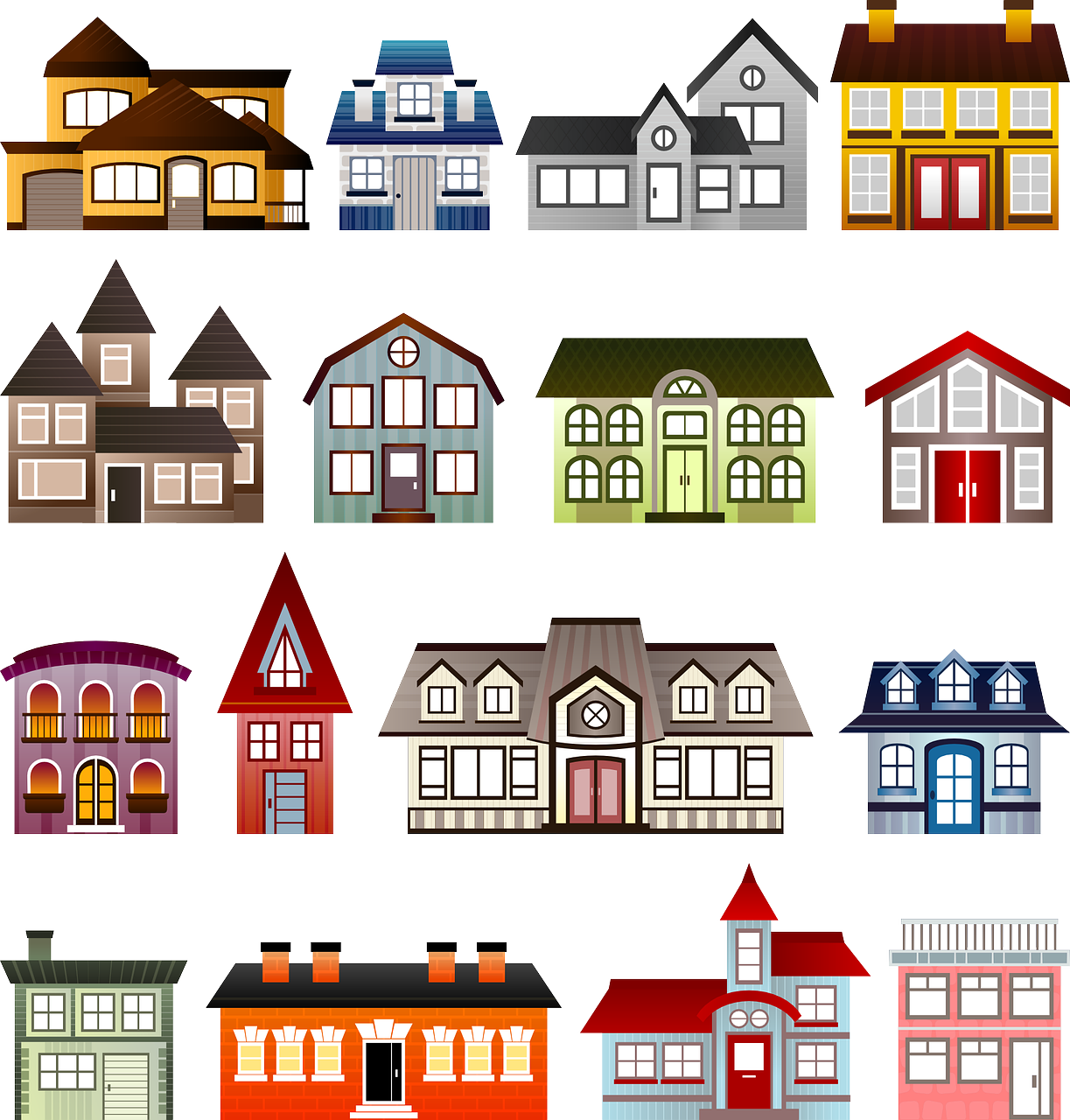A lack of housing continues to be a pressing issue across the country. Accessory dwelling units and tiny houses are illegal in most places, but so is “normal” development like townhouses, duplexes, and apartments. The wealthiest people will always find a home they want, but it’s a huge challenge for the rest of us. Here’s a two-step urbanism dance to create an abundant supply of housing:
Make it easy for property owners to build new housing.
Make it hard for authorities to stop property owners.
It's time to shake up your zoning, land use, and building codes.
Modern zoning, land use, and building codes often create barriers and stifling bureaucracy, making it arduous for property owners to develop affordable housing. Simplifying and streamlining these regulations can empower property owners and facilitate the construction process. Here’s my favorite suggestion to simplify and streamline: abolish zoning.
Restrictive policies hinder development, and there’s a growing demand for housing, both downtown and in the burbs. For all the talk about supporting a diverse population, local land use rules do an amazing job at preventing a diverse population. If it was written honestly, zoning codes would say, “Big homes in this zone, little homes in that zone. There will be no variety in size and location, and we will never allow different housing types on the same street.”
Reducing regulatory burdens allows for greater flexibility in design and construction methods. This would promote sustainable and energy-efficient designs, modular construction, and mixed-use developments that blend residential and commercial spaces. You’d be amazed at how much creativity is outlawed by building codes. Requiring a certain number of windows or material sounds benign, but it drives up prices. Not everyone wants, needs, or can afford the same type of home.
Developers would love to invest in underutilized or vacant urban spaces. Infill development revitalizes neighborhoods, maximizes land use, and reduces urban sprawl, leading to vibrant and connected communities. It’s good for a property owner’s bottom line, which is also good for the local tax collector.
Make it easy to build new housing.
More cities and states have embraced zoning reform. I won’t call it “progressive” policy, because progressives aren’t living up to the promise of their label. San Francisco, for example, is the HQ of NIMBYism and “I know better than you” land use policy. Across the political spectrum, single-family zoning is being eliminated in Virginia, Minnesota, Colorado, Maine, Oregon, Washington, Florida, Georgia, and more.
In the face of a housing crisis, reimagining zoning, land use, and building codes is a necessary step toward creating sustainable, inclusive, and accessible communities. But legalized housing is also a marker of a free society. We shouldn’t have to wait for severe shortage before local planning departments and politicians grant us the liberty to convert a garage to an apartment, or a single-family house to a duplex.
Make it easier for property owners and developers to create new housing, even if it means rewriting or abolishing regulations.
Make it hard to block new housing.
It’s outrageous the amount of power that land use rules grant to ornery cranks who get to define “character” of the neighborhood. The public engagement process gets hijacked by people who don’t like a thing, whatever that thing is.
The rezoning process is a magnet for puritans who are enthusiastic about telling neighbors how to live their lives. Public hearings are also notorious for providing cover to politicians who worry about reelections more than abundant housing.
So if you’re going to reform land use policy, go one step further by codifying liberty. Let people use their private property without fear of lawsuits from snivelers.





As a left of center dude, I’m embarrassed that it’s the blue states that are most guilty of the restrictive zoning preventing new construction of multi family housing. NIMBY is keeping peopke in the streets. However, I’m curious Andy on this. If less restricted zoning spreads, what’s to stop investors from building into the AirBnb market, or large firms from snatching up property to build rentals? Could this not create a new set of problems? At the core of our issues is the massive inequality. Zoning won’t cure that.
"Abolish zoning" is a bad slogan, just as "defund the police" a bad slogan - it gives opponents an opportunity to paint the proposals as radical craziness (they do this anyway: proposals to abolish single family residential zoning get misrepresented as proposals to ban single family houses; but there's no need to hand them a weapon by using a bad slogan). Instead, something like "abolish single-use zoning' or "abolish exclusionary zoning" or "smart zoning" - which unfortunately aren't very catchy - might be better.
"Legalize housing" sounds pretty good - and it's also a positive slogan, not a negative one.
I presume you'd be happy with Japanese-style zoning, which has succeeded in meeting housing demand (some urban areas have net immigration, despite the overall population decline): http://urbankchoze.blogspot.com/2014/04/japanese-zoning.html
After all, nobody wants a tannery in their residential neighborhood; and the though of a multi-unit apartment next door might also be scary, even though it's common in much of Europe and east Asia, even in upscale neighborhoods.